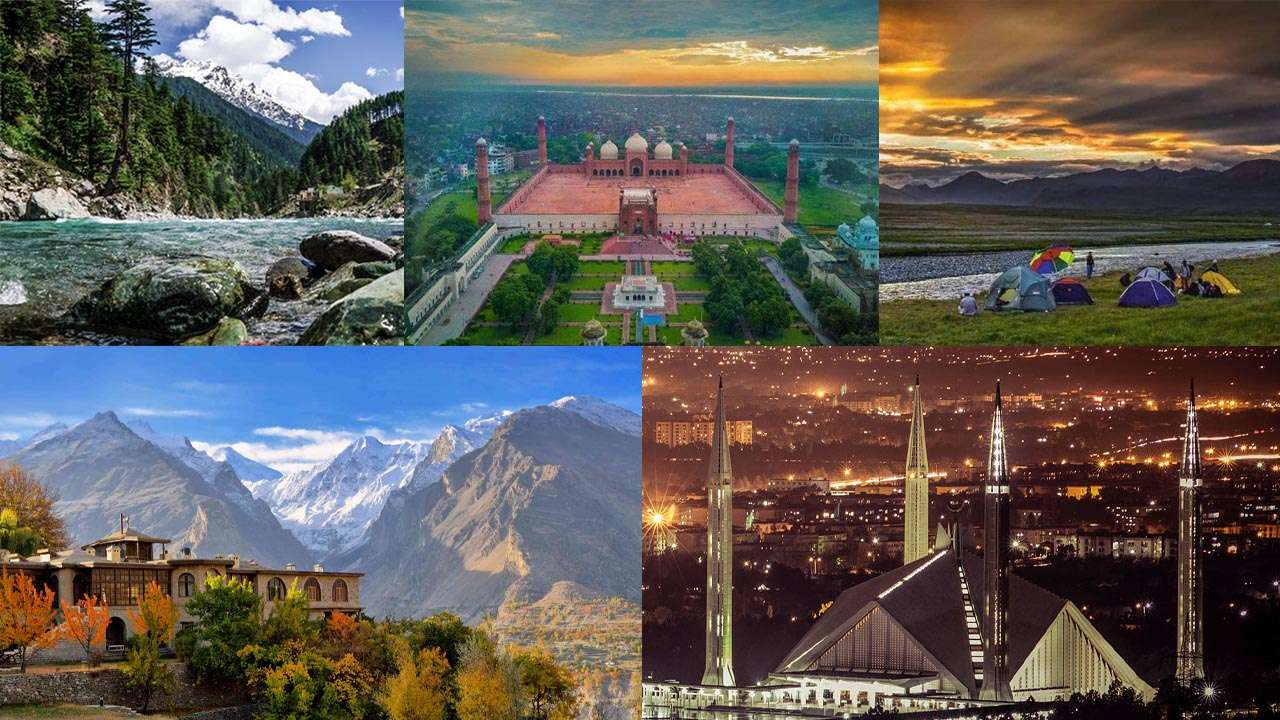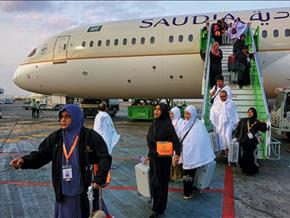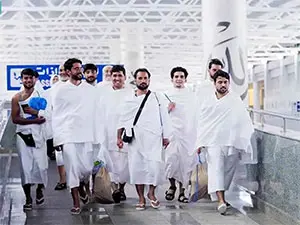
Good News for the Pakistani Hajj Pilgrims! Pakistan’s Federal Cabinet has approved the Hajj Policy 2025. And you can get all the important information regarding this update from this page. The federal cabinet of Pakistan, led by the Prime Minister Shehbaz Sharif, he has officially approved the 2025 Hajj Policy, introducing new guidelines, hajj pilgrims quotas and an updated package range to support wishful hajj pilgrims. This Hajj Policy 2025 approval update highlights the improved facilities, installment payment options and specific quotas to make the hajj journey more accessible, particularly for first time Hajj performers. Stay tuned to our website for more Hajj policy related updates.
Pakistan’s Hajj Quota for 2025
The officially approved Hajj quota of Pakistan for the year 2025 has been set to 179,210 in total. This 2025 Hajj quota for Pakistan has been equally divided between government scheme and sponsor (private) Hajj scheme. Within the government quota, a computerized balloting system will be used to ensure a fair selection of the hajj applicants this year. In addition, special seat allocations have been made with 1,000 seats are reserved for hardship cases, while 300 seats are designated for low income workers registered with the Workers’ Welfare Fund or Employees Old Age Benefits Institution (EOBI).
Hajj Package Details and Installment Option for Pilgrims
Under the new policy, the estimated Hajj package cost will range between Rs. 1.065 million and Rs. 1.075 million, this allows flexibility in hajj packages price range based on individual needs and services chosen. Additionally, a new installment Hajj payment option has also been introduced under government hajj scheme which allows pilgrims to pay the Hajj expenses in three installments instead of paying all expenses in one time. This is seen as a relief measure for low income earners and middle class citizens while enabling them to make an initial deposit of Rs. 200,000 when applying, with the remaining amount split over in next two installments.
First Time Hajj Performers and New Age Restrictions
The federal cabinet’s hajj policy 2025 approval also highlights the priority to the first time Hajj pilgrims, ensuring they have an opportunity to easily embark on the hajj pilgrimage this year. A new hajj age restriction has also been implemented which disallows the children under 12 years from participating in the Hajj pilgrimage journey in the year (2025).
Appointed Nazim and Compensation for Pilgrims
To further improve the Hajj pilgrimage experience, a new administrative structure has been introduced. Each group of 100 hajj pilgrims will have an appointed ‘Nazim’ selected from welfare staff, who will be responsible for overseeing and addressing the welfare needs of the hajj group. This administrative initiative ensures that each pilgrim has access to guidance and support during the Hajj.

Moreover, compensation for injuries or fatalities during Hajj has also been significantly increased. The families of deceased/ dead pilgrims will now get Rs. 2 million (previously Rs. 1 million), while injured pilgrims will get a total of Rs. 1 million, this considerable increment is aimed at providing greater security to the hajj pilgrims and their families.
Road to Makkah Initiative
The government has also launched a Hajj management application to provide logistical support and guidance to Hajj applicants. The federal cabinet has also announced the continuance of the “Road to Makkah” initiative, facilitating expedited hajj processing, will be available at both Islamabad and Karachi airports while offering additional convenience to hajj pilgrims from these cities.
12-Point Agenda Federal Cabinet Meeting
Other than the the Hajj policy, the cabinet meeting addressed several other national matters, including urea fertilizer price balance, Public Private Partnership Board appointments, and potential agreements with three countries. Furthermore, the cabinet briefly discussed current political and economic issues, demonstrating the government’s focus on both international religious commitments and domestic policy concerns.
This newly approved Hajj Policy 2025 by Pakistan’s federal cabinet represents a comprehensive approach to enhancing the pilgrimage experience, offering convenience, financial relief and additional support measures for Hajj participants. With the installment payment option and focus on first time hajj pilgrims, this 2025 hajj policy aims to make the holy journey more inclusive and accessible for everyone.
;More Travel News
-
 06-Mar-2025Discover Pakistan Together: Cultural Family Tours
06-Mar-2025Discover Pakistan Together: Cultural Family Tours -
 25-Mar-2020VR Travel: A Novel way to Travel amid Coronavirus Consequences
25-Mar-2020VR Travel: A Novel way to Travel amid Coronavirus Consequences -
 15-Nov-2024Lahore Airport Shrouded in Fog: Flights Delayed, Cancelled
15-Nov-2024Lahore Airport Shrouded in Fog: Flights Delayed, Cancelled -
 30-Jan-2025How to Find the Best Deals on Flights for Hajj and Umrah
30-Jan-2025How to Find the Best Deals on Flights for Hajj and Umrah -
 19-Apr-2025Saudis target more than 2.5 Million Seats for Umrah flights by 2025
19-Apr-2025Saudis target more than 2.5 Million Seats for Umrah flights by 2025 -
 02-Feb-2020How Traveling Broadens My Mind
02-Feb-2020How Traveling Broadens My Mind -
 16-May-2024This Summer let us Help You to Plan a Wonderful Vacation in the Northern Areas
16-May-2024This Summer let us Help You to Plan a Wonderful Vacation in the Northern Areas -
 29-Nov-2021Omicron virus and suspension of direct flights
29-Nov-2021Omicron virus and suspension of direct flights
